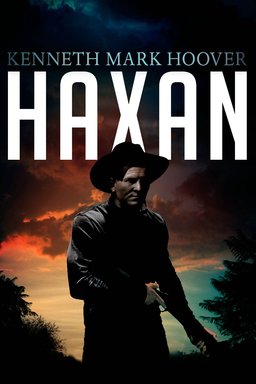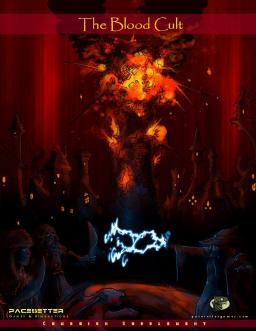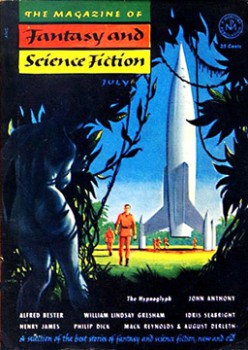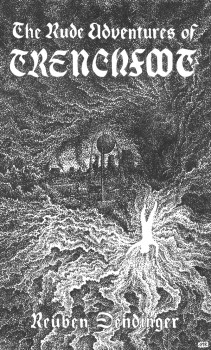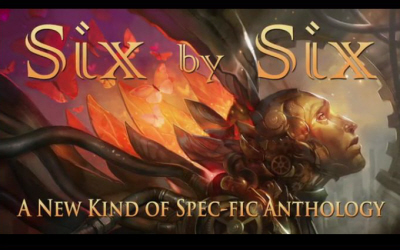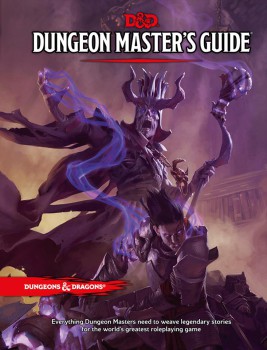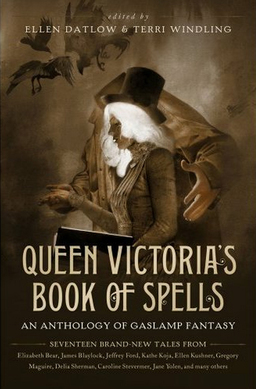Travis McGee: Hard-boiled Detective with a Dystopian Sci-Fi Imagination
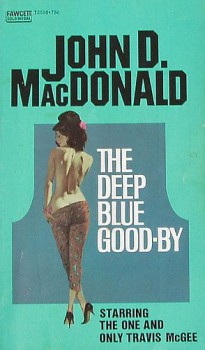 I’ve recently gotten hooked on the Travis McGee novels of John D. MacDonald (1916-1986), reading The Deep Blue Good-by (1964) and Nightmare in Pink (1964) in quick succession. I’m stoked that there are 19 McGee novels awaiting me, but I can already make one salient observation about the main character based on these first two outings: he has the mind of a science-fiction writer. I was not surprised at all, in fact, to learn that several of his creator’s early stories and novels were science fiction.
I’ve recently gotten hooked on the Travis McGee novels of John D. MacDonald (1916-1986), reading The Deep Blue Good-by (1964) and Nightmare in Pink (1964) in quick succession. I’m stoked that there are 19 McGee novels awaiting me, but I can already make one salient observation about the main character based on these first two outings: he has the mind of a science-fiction writer. I was not surprised at all, in fact, to learn that several of his creator’s early stories and novels were science fiction.
McGee is a “salvage consultant”: basically, he’s an unemployed (by choice) beach-bum who makes his home on the Busted Flush, a 52-foot houseboat he won in a poker game, which is mostly docked in slip F-18 at Bahia Mar (a site about as well-known to crime-fiction fans as 221B Baker Street). When the funds get low, he takes on a case. He’s a cynical guy; he doesn’t want to get emotionally involved with people, but the problem is he does have a strong sense of honor and integrity (much to his own chagrin, since he sees this sort of romantic chivalry as woefully outdated). So he does invariably get involved and, well, I’ll let him speak for himself: “This emotional obligation did not fit me. I felt awkward in the uncomfortable role. I wished to be purely McGee, that pale-eyed, wire-haired girl-finder, that big shambling brown boat-bum who walks beaches, slays small fierce fish, busts minor icons, argues, smiles and disbelieves, that knuckly scar-tissued reject from a structured society, who waits until the money gets low, and then goes out and takes it from the taker, keeps half, and gives the rest back to the innocent.”
He’s an introspective guy, somewhat philosophical in his rejection of industrialized urban society, and for a narrator delivering page-turner suspense, he often digresses into ruminations about society’s failings and his own shortcomings and disillusionment. Far from bogging the story down, these imaginative digressions have made McGee one of the most memorable and celebrated characters in twentieth-century American fiction. And in his creative metaphors, he shows a strong streak of the dystopian mind.
